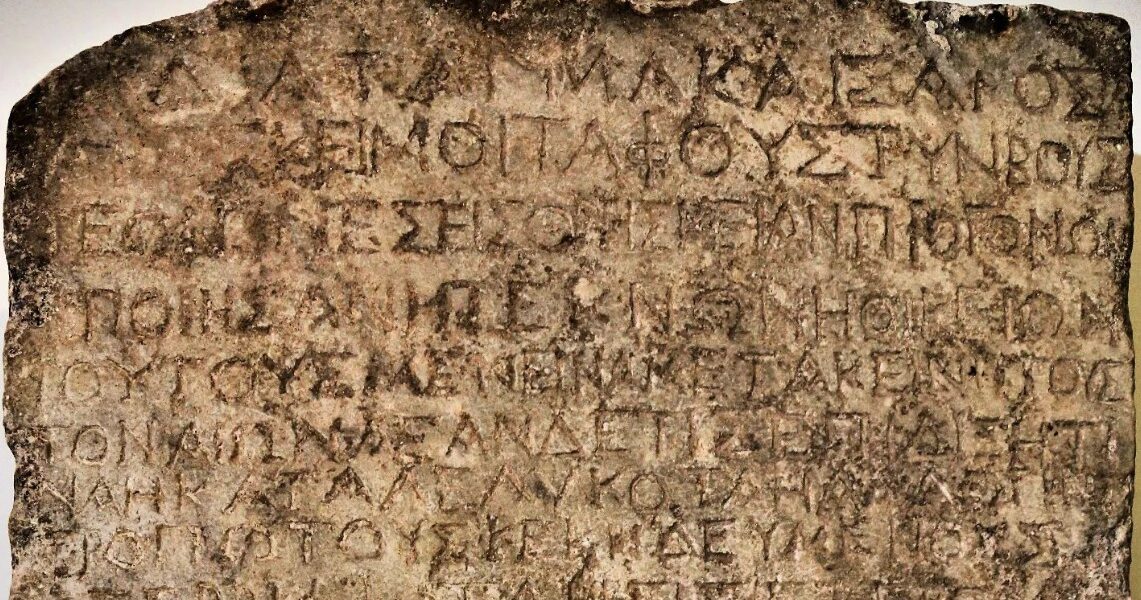Greek inscriptions found relate to the resurrection of Jesus are found in multiple Roman period sources, including a curious rescript of the Emperor found on a 1st century official inscription.
The marble slab of 60cm by 37.5cm by 6cm with 22 lines of Greek surfaced in Nazareth and was subsequently purchased, ending up in Paris.
Its exact location of original discovery is unknown, but it has been affirmed as authentic, and scholars propose that it was probably issued in Judea, Galilee, or the Decapolis area.
Examination of the letters indicates that the style most closely matches that of the 1st century AD, while the language used and historical context indicates the edict was made about 41-44 AD, when Claudius became Emperor of Rome and his friend Herod Agrippa I was king of Judea.
This “Edict of Caesar” addresses a new problem and specifically prohibits moving sepulcher sealing stones and stealing bodies from a specific type of tomb with wicked intent, compares it to an offence against the gods, and proscribes a new and extreme penalty of death for the crime.
It states the punishment if anyone has “extracted those who have been buried, or has moved with wicked intent those who have been buried to other places…or has moved sepulcher sealing stone.”
The edict describes the same type of tomb--rock carved and sealed with a large stone--in which Jesus was buried, while Romans were typically cremated and also says nothing of ossuaries.
That the inscription was sent to the Judea and Galilee area and appeared in Nazareth seems beyond coincidence. According to Matthew, the false story that the disciples stole the body of Jesus was spread by the religious leaders of Judaism via the Roman soldiers.
This rumour eventually would have reached the ears of the Emperor, and the edict recorded on the Nazareth Inscription seems to have been a reaction to reports about the resurrection of Jesus Christ, including the version from the Roman soldiers guarding the tomb who claimed that the disciples of Jesus stole His body while they were asleep.
By the time of Claudius, knowledge of Jesus and the story of the resurrection had spread throughout many areas of the Roman Empire. ~Matthew 28:11-15.
View this post on Instagram
APXAIOC Institute of Biblical Archaeology.
READ MORE: The Etymology of Hellas.


